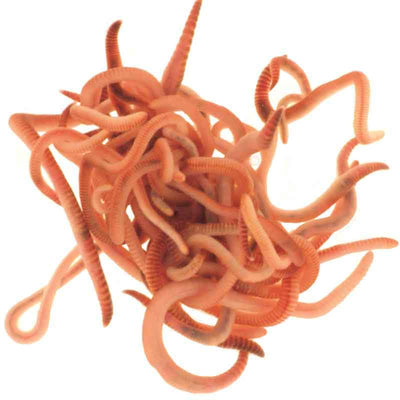Keeping the mind active and having a little responsibility
It has long been recognised that having a pet can be good for you both in terms of companionship and in helping to reduce stress. Having a cat or a dog in a care home is often not practical, but attracting wild birds to feed near a window or in the home's garden can offer many of the benefits provided by their four legged cousins.
Most residents have previously had very active lives and in the past have cared for their partners or spouses, plus their children and maybe grandchildren. Once in a home these previously independent people are now on the receiving end of care rather than providing it themselves. It is hard to replicate that care giving, but looking after and feeding the garden birds does offer a hobby and responsibility for the residents. Some may just like watching the birds through the window, whilst others may want to get actively involved in managing the bird-feeding station.
The Benefits
In the USA a survey of managers of assisted living and nursing home institutions all agreed that their residents enjoyed watching the birds and that it had a positive effect on their residents' morale. Most agreed that feeding birds provided a positive therapeutic effect. All of the managers also agreed that the bird-feeding activities were good for their staff as well. Many wrote strong testimonials of the positive impact that feeding birds had at their establishment.
Those who feed the birds feel they have a purpose in life that provides them self-esteem. It gives residents, especially those with dementia or Alzheimer's, a sense of pleasure to care for something. Those who have family visitors might welcome a bird feeder as a gift, and birds can provide a topic of conversation during visits. Feeding and watching birds gives housebound residents a connection with the outside world and reduces isolation and depression. Sharing the birds also provides a mutual topic on which residents can converse with each other. They talk about which birds come to their window, and some keep lists to compare with others.
Feeding and watching birds can provide physical therapy. Cleaning and filling bird feeders provides exercise for residents who may lack motivation to exercise on their own. It also helps develop motor skills. Even the simple motion of breaking bread into small pieces for the birds helps provide exercise for stiff fingers or hands. Birds provide sensory stimulation, both visual and audio. Watching birds may even provide better eye movement and increased visual field for some. Feeders outside their window may help stimulate visual mobility in an affected eye. Likewise, birds' songs help stimulate auditory senses. At some nursing homes, residents are encouraged to sit outside and sing or whistle with the birds. It's an activity that provides vocal exercise and helps to involve them with nature. Some assisted living homes conduct bird walks around the grounds, and that has great therapeutic value for those who get involved.
Birds also provide a timetable or time orientation for residents. Feeding or watching birds at a certain time each day helps orient time in relation to the day.
Published Research - a bit complicated, but fascinating.
There is strong scientific evidence to back these findings following work by gerontologists, Banziger and Roush who had research published in 1983. (Nursing Homes for the Birds: A Control- Relevant Intervention with Bird Feeders. The Gerontologist, 1983, Vol. 29, 527 -531)
Gerontology is the study of the social, psychological and biological aspects of ageing. It is distinguished from geriatrics, which is the branch of medicine that studies the diseases of older adults.
Many gerontologists had noted the tendency of nursing homes to nurture dependency and learned helplessness in residents. To try and reduce this dependency, nursing home residents were given the opportunity to care for wild birds by tending individually placed bird feeders.
Residents were allocated to one of three groups:
- those who received (by choice) a bird feeder to tend and, following explanation, they had the responsibility of the feeder for themselves
- those who received no bird feeder but a dependency message, i.e., a lecture emphasising the staff's responsibility for them
- those who received neither feeder nor message.
Results showed that the bird feeder/responsibility group had significantly higher scores than either of the other groups. This included measures of life-satisfaction and on self-reported measures of perceived control, happiness, and activity. Significant improvement was also found in nurses' ratings of activity, happiness, alertness, sleeping time, complaints, and sociability for the responsibility group.
Get Involved
Residential and nursing care homes across the UK could really make a difference for both their residents and our wild birds. Feeding the birds not only helps many of the birds to survive, but also provides a meaningful activity that residents can participate in and take the lead on. The outcome of this is that residents will be rewarded with hours of free entertainment as they watch the different birds come and go from bird tables and feeders, and this may even take some pressure off carers.
Maybe staff or visitors of residents could try their own experiments with feeding the birds. If you care for someone at home you could also try this approach. What is there to lose? On the contrary, there could be a lot to gain.
David Pitman






